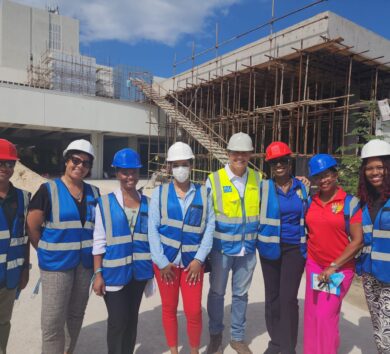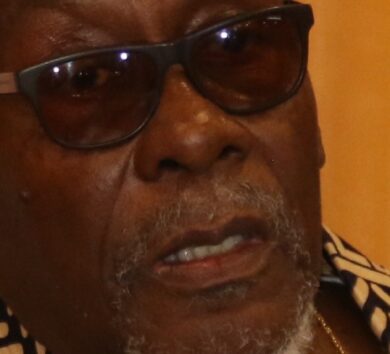

The Ministry of Justice recently signed a memorandum of understanding (MOU) to form a partnership with churches, aimed at training church leaders and their congregants in restorative justice practices.
The signing ceremony took place on September 6.
The MOU forms part of the ministry’s push to make justice more accessible to Jamaicans by providing alternative justice services to all citizens.
IMPORTANT PARTNERSHIP
Justice Minister Delroy Chuck, the guest speaker at the signing, reiterated the importance of having this partnership with Jamaican churches.
“This is a major historical beginning to what I hope will be a major impact of transformation across Jamaica. I have found that the church is a very important part of Jamaican society. I believe it is about time I embark on a programme to involve the churches of Jamaica to reduce conflict, volatility, aggression among other problems,” he said.
The Reverend Kenneth Richards, chairman of the Jamaica Umbrella Groups of Churches, endorsed the partnership and elaborated on the transformative impact of Restorative Justice.
“This partnership offers us new opportunities and new possibilities to make Jamaica the place to live, work, raise families, and do business.”
Delroy Chuck, minister of justice
“Restorative Justice is a craft that requires developing skills, techniques, and expertise that will lead to mastery in mediating social encounters to resolve conflict. The partnership of the church with the state, for restorative justice cannot only address interpersonal conflict but must also be contributory to underlying physical and socio-political problems,” he said.
He continued: “This partnership offers us new opportunities and new possibilities to make Jamaica the place to live, work, raise families, and do business.”
Church leaders from various denominations attended the event and expressed their support.
Denominations represented included the Jamaica Umbrella Groups of Churches, Jamaica Union Conference of Seventh Day Adventists, Church of Christ in Jamaica and the Jamaica School of Preaching and Biblical Studies, among others.
MORE THAN 7,000 CASES REFERRED TO RJ PROGRAMME
Over the past four years, the ministry has had more than 7,000 cases referred to the RJ Programme with the courts being the main source of referrals. Referrals are also made by communities and the Jamaica Constabulary Force.
Over the last two years, the average success rate of the RJ interventions was 93 per cent. This means that approximately nine out of every 10 RJ conflict resolution conferences resulted in an agreement.
Restorative Justice is a process whereby all parties with a stake in a particular offence come together to resolve collectively how to deal with the aftermath of the offence. There are 20 restorative justice centres across the island and all churches, schools and communities are being urged to use the service.







Comments